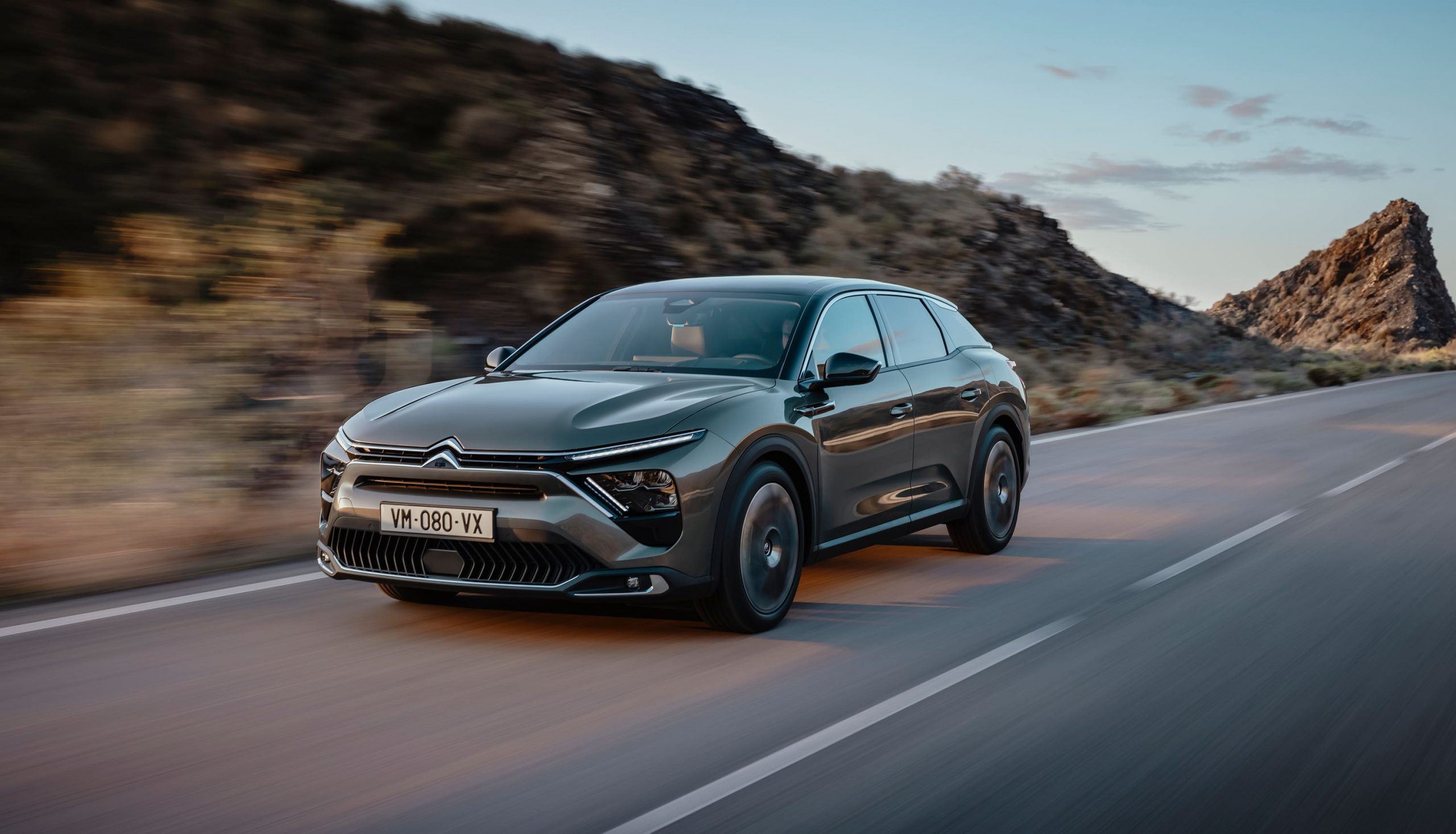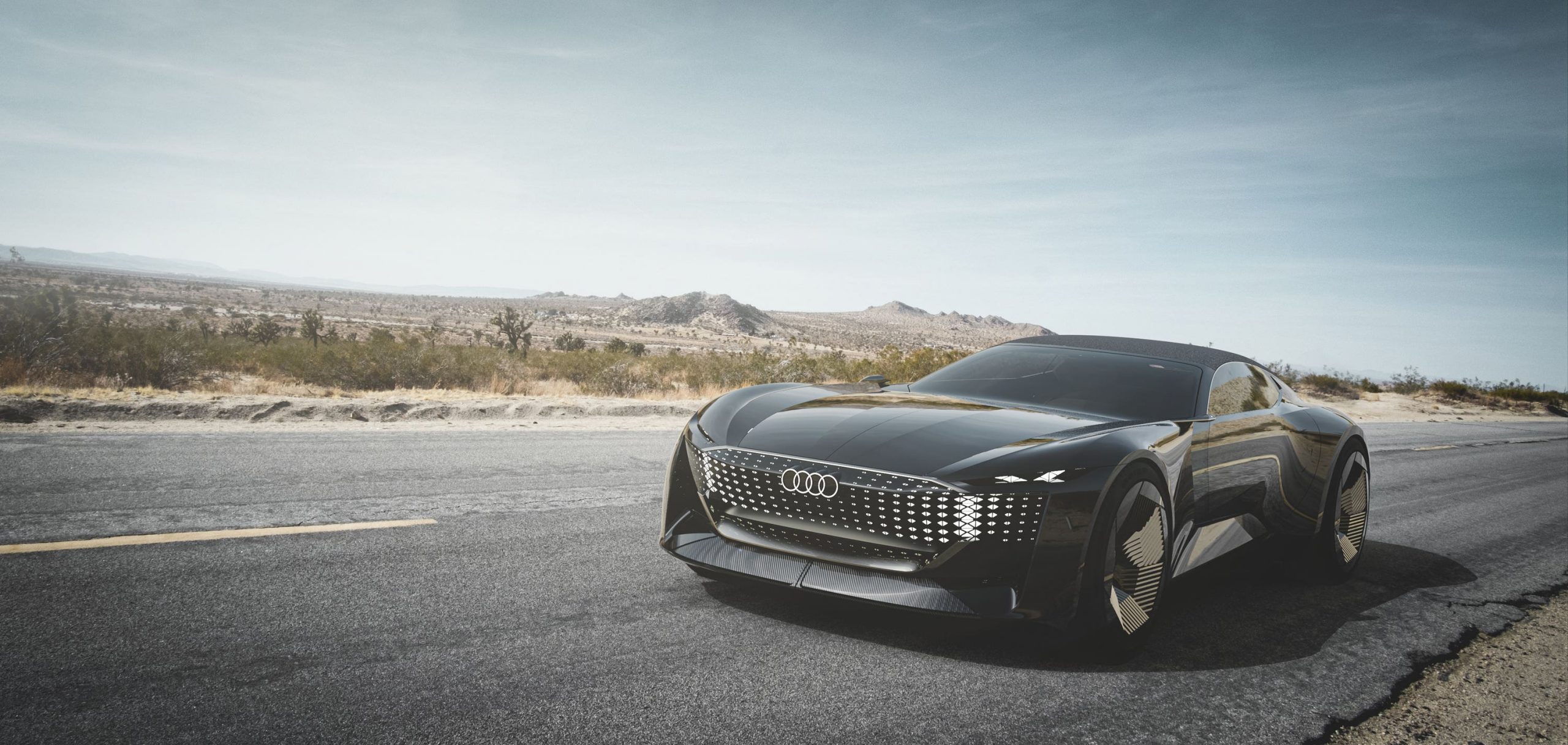British firm has called the strategy Racing Green
Aston Martin has launched a new sustainability strategy called Racing Green, which it says will see its manufacturing facilities achieve net-zero emissions by 2030.
The British luxury car manufacturer says its targets are aligned with the UN Sustainable Development Goals that aim to tackle climate change and build a more diverse and inclusive company.
As well as the net-zero goals, Aston Martin is aiming to reduce its supply chain emissions by 30 per cent from 2020 levels by 2030, with this also being net-zero by 2039.
The firm says these new targets build on the work it has already carried out, which include the use of 100 per cent renewable energy across its UK manufacturing facilities since 2019. Furthermore, it plans to install 14,000 solar panels at its St Athan site in Wales, which will deliver 20 per cent of its annual energy demands.
Other aspects of the Racing Green strategy include an aim to reduce water consumption by 15 per cent, maximising the use of sustainable materials and increasing biodiversity across Aston Martin locations.

Tobias Moers, chief executive officer of Aston Martin Lagonda, said: “We are transforming our business and believe that now is the time to challenge ourselves to make a bigger difference, to become a world-leading sustainable ultra-luxury business.
“Whilst embracing electrification, we believe our sustainability ambitions must be broader than just producing emissions-free vehicles, and want to drive sustainability principles across our entire business, with a team representative of society proudly producing responsible products with a reduced environmental impact and making a positive contribution to the communities where we operate.”
As part of its electrification strategy, Aston Martin is developing alternatives to its existing engine line-up, such as a plug-in hybrid powertrain for its upcoming Valhalla hypercar.
When looking at sustainability, a fascinating statistic revealed by the Warwickshire-based company is that it has built fewer than 109,000 cars in its history, and 95 per cent are believed to still be on the road today.










